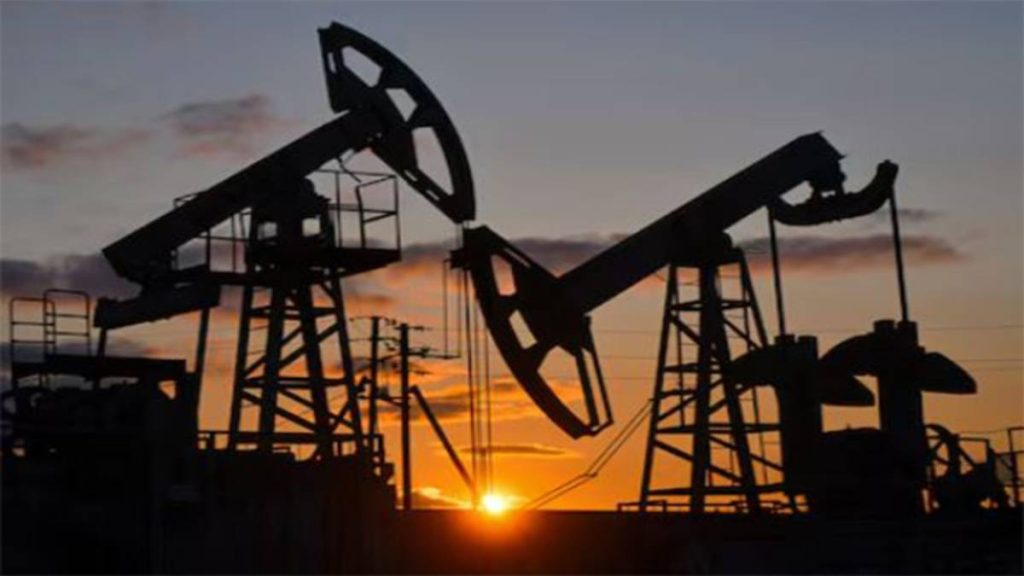Contrary to recent media reports and comments by US President Donald Trump, Indian oil refiners continue to import crude oil from Russia, sources confirmed on Friday. The decision is driven by economic considerations including price, grade, logistics, and inventory levels, and is consistent with international norms, they added.
President Trump had earlier suggested that India might halt Russian oil imports, calling it “a good step” if true. However, official sources rebutted that claim, reiterating that India has not paused imports and continues to pursue a sovereign, interest-driven energy policy.
“India, as the world’s third-largest energy consumer, strategically adapted its sourcing to secure affordable energy while fully adhering to global frameworks,” sources told ANI.
Russia, the second-largest crude oil exporter, contributes significantly to global energy supply, exporting around 4.5 million barrels per day (mb/d) of crude and 2.3 mb/d of refined products. Disruptions in Russian oil flows, sources noted, previously caused Brent crude prices to spike to USD 137 per barrel in March 2022.
India imports nearly 85% of its crude oil, and its engagement with Russian suppliers has helped cushion global oil markets amid OPEC+ production cuts totaling 5.86 mb/d.
“Had India not absorbed discounted Russian crude, prices could have far exceeded the 2022 peak, exacerbating global inflation,” sources said.
While US and EU sanctions do not apply directly to Russian crude, they have implemented a G7/EU price cap mechanism—currently at USD 60 per barrel, with a revised EU cap of USD 47.6 to be enforced from September. Indian refiners have consistently complied with this cap.
Meanwhile, India has abstained from importing oil from Iran and Venezuela, which are under direct US sanctions. This, officials say, underscores India’s adherence to the rules-based global order.
In contrast, the European Union was the largest importer of Russian-origin liquefied natural gas (LNG) during the same period, accounting for 51% of Russia’s LNG exports, followed by China (21%) and Japan (18%). For pipeline gas, the EU again led with a 37% share, ahead of China and Turkey.
Refuting suggestions of halted imports, sources reaffirmed that India’s energy policy is governed by national interest, but its pragmatic approach has also contributed to global energy stability.
“Our decisions ensured oil continued to flow, prices remained stable, and global markets were balanced—all while complying with international frameworks,” sources added.
India continues to maintain open communication with global partners while asserting its right to make independent, sovereign decisions on energy sourcing based on evolving global and domestic needs.
